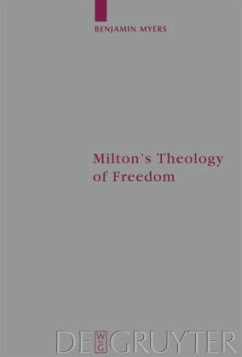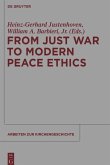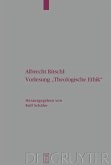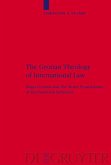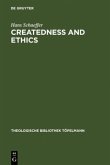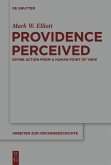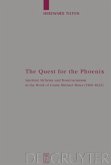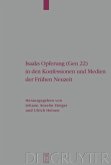Diese Studie entfaltet anhand des epischen Gedichts Paradise Lost die Theologie von John Milton (1608 - 1674).Vor dem Hintergrund der nachreformatorischen Kontroversen über Prädestination, Schöpfung, freien Willen, Sünde und Gnade zeigt der Autor, wie Milton sein Konzept der Freiheit im kreativen Wechselspiel von Kontinuität und Diskontinuität entwickelt.
Hinweis: Dieser Artikel kann nur an eine deutsche Lieferadresse ausgeliefert werden.
Hinweis: Dieser Artikel kann nur an eine deutsche Lieferadresse ausgeliefert werden.
"Expressing and exploring one's view of the transcendent through plot and character instead of through thesis and argument gives theology a living character of flesh and blood. In the history of such work, Milton's Paradise Lost stands as a great achievement." [...] "The issues the book raises linger with the reader, which is a good sign that the book is well worth the read."
T. J. Crutcher in: Ephemerides Theologicae Lovanienses 84.4/2008
"Expressing and exploring one's view of the transcendent through plot and character instead of through thesis and argument gives theology a living character of flesh and blood. In the history of such work, Milton's Paradise Lost stands as a great achievement." [...] "The issues the book raises linger with the reader, which is a good sign that the book is well worth the read."T. J. Crutcher in: Ephemerides Theologicae Lovanienses 84.4/2008
T. J. Crutcher in: Ephemerides Theologicae Lovanienses 84.4/2008
"Expressing and exploring one's view of the transcendent through plot and character instead of through thesis and argument gives theology a living character of flesh and blood. In the history of such work, Milton's Paradise Lost stands as a great achievement." [...] "The issues the book raises linger with the reader, which is a good sign that the book is well worth the read."T. J. Crutcher in: Ephemerides Theologicae Lovanienses 84.4/2008

